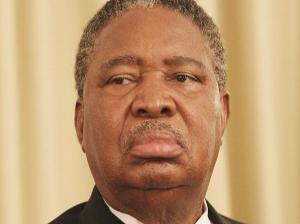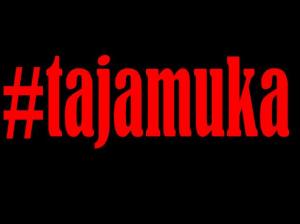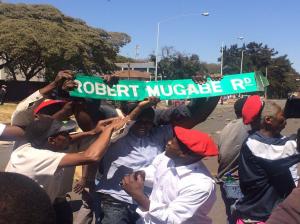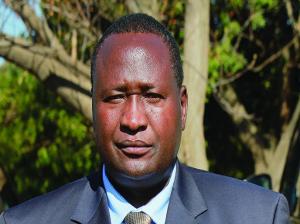Byo against Zesa hike

THE Bulawayo business community has rejected the proposed 49 percent electricity tariff increase by Zesa saying the move will push up production costs.
At the moment, companies in Bulawayo and the country at large are struggling with liquidity challenges and competition from cheaper imports.
Due to such operational constraints, industry's efforts to increase productivity to competitive levels remains constrained with some companies being compelled to streamline operations or close down.
Zesa announced that it had applied to the Zimbabwe Energy Regulatory Authority seeking approval to increase power tariffs from 9,86 cents per kilowatt hour to 14,69cents/kWh. The average electricity cost in Southern Africa is 14c/kWh.
Energy and Power Development Minister Samuel Undenge has said the proposal could soon be approved.
Zimbabwe National Chamber of Commerce chairperson for Bulawayo, Tshidzanani Malaba, said the proposal was "alarming" in the current economic climate. He said if implemented it was likely to have a distressing effect on the growth of the economy as it would impact on the sectors of the economy that rely heavily on electricity.
"What this means for the country is that the few remaining businesses are likely to incur increased operational costs further constraining local industry’s competitiveness against cheap imports," Malaba said. "Given the prevailing economic circumstances, we call for a downward adjustment in the tariffs so that businesses are able to pay their bills and remain viable."
Malaba noted that if electricity tariffs were reduced, prices of locally manufactured products are also bound to go down. Participants at the consultative meeting concurred that the current power tariff structure was rendering local companies uncompetitive.
"I believe that during the 2015 mid-term fiscal statement, Finance and Economic Development Minister Patrick Chinamasa announced that that power tariffs to the mining industry, in particular the gold mining sector would be reviewed downwards . . . Unfortunately, this still hasn't happened," said a business executive who preferred not to be named.
- internet
You May Like These Videos
Comments
There are no comments.
Get Zim Metro Updates Alerts
Big Reads

Schoolgirl drops out after continuous 'sexual abuse' by teacher
by Staff Reporter | 2019 August 13 07:42:33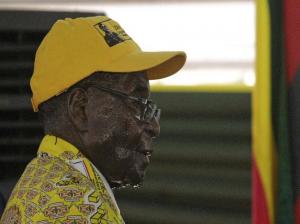
Mugabe Knows Nothing About The Zimbabwe Constitution: MP
by Staff Reporter | 2016 October 01 08:12:02
Zim's Protesting Graduates Risk Losing Degrees For Expressing Anger Against Mugabe
by Staff Reporter | 2016 October 01 07:57:08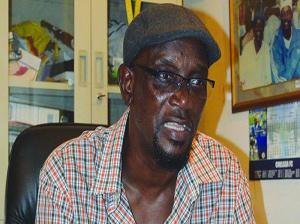
Troubled Harare Giants Dynamos Falls Into Another Deep Crisis
by Own Correspondent | 2016 October 01 07:49:17
Grace Mugabe Grovels At Mnangagwa, Says I Did Not Ask Ubaba To Fire You
by Staff Reporter | 2016 October 01 07:31:48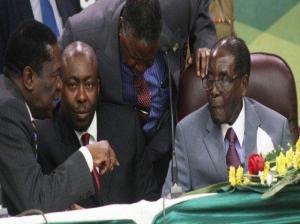
Mugabe Attacks Mawarire, Claims The Exiled Pastor Failed To Divide Zimbabwe
by Staff Reporter | 2016 October 01 07:19:13
Shock As Local Bank Denies 'Rich' Mugabe's Son Heifty Credit
by Own Correspondent | 2016 September 30 19:14:54
Trouble For Police Officers Who Have Been Mercilessly Bludgeoning Protesters
by Staff Reporter | 2016 October 01 07:20:19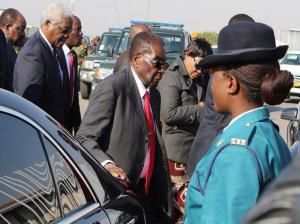
Mugabe "Home Coming" And "Thank You" Rally On Cards
by Own Correspondent | 2016 September 23 06:48:24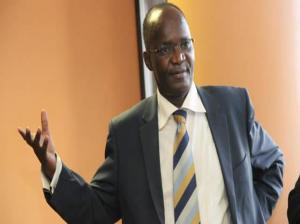
Prof Moyo Was Dumped By Western Embassies, Claims Mutsvangwa
by Staff Reporter | 2016 September 22 10:08:07
Broke RBZ Tracks Down Zimbabweans Living Outside The Country Over Taxi
by Staff Reporter | 2016 September 22 09:16:20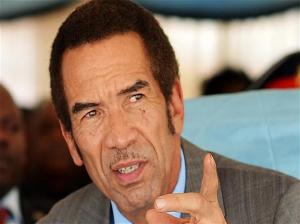
You Are Too Old To Lead, Aging Zim President Mugabe Told
by Own Correspondent | 2016 September 22 07:19:25
Anti-Corruption Commission Loses Property In Failed Probe
by Own Correspondent | 2016 September 20 03:18:19
SHOCKING:14 Year Old HIV-Positive Boy Rapes 7 Pupils
by Own Correspondent | 2016 September 20 00:04:55

 WATCH: Victims Narrate Ordeal After Being Clobbered By Riot Cops
WATCH: Victims Narrate Ordeal After Being Clobbered By Riot Cops FLASHBACK: Morgan Tsvangirai Won't Resign Despite Illness
FLASHBACK: Morgan Tsvangirai Won't Resign Despite Illness  Police Violently Beat Harare Protesters
Police Violently Beat Harare Protesters  Zimbabwean Man Who Was Shot By Tswana Employer Appeals For Help
Zimbabwean Man Who Was Shot By Tswana Employer Appeals For Help







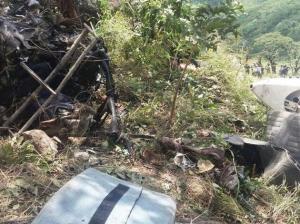
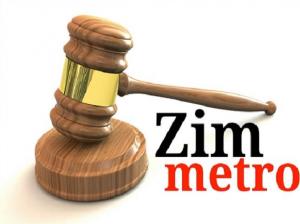
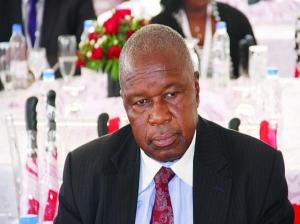

.jpg)
